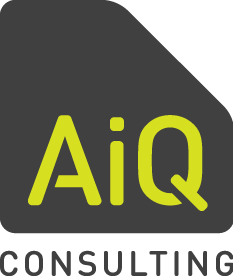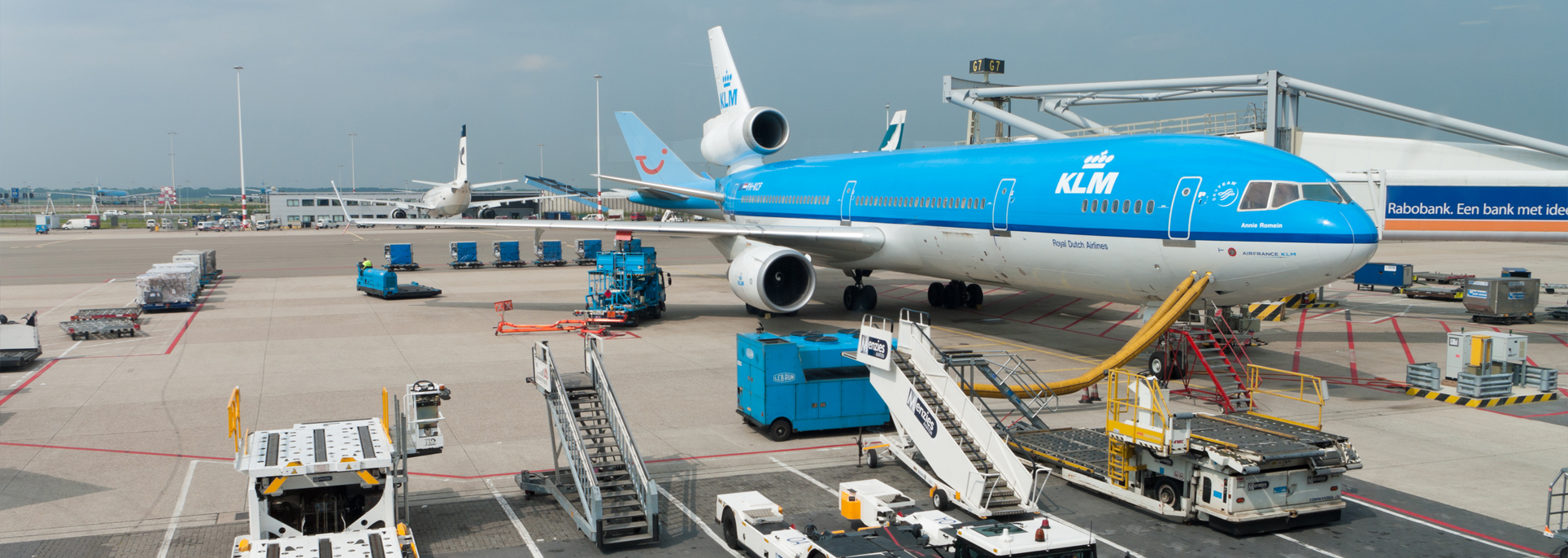The challenge
Schiphol Airport were grappling with rising demand putting pressures on the operation. In order to perform maintenance and refurbishment they needed to reduce the number of available stands. This decrease in stand capacity created challenges for meeting their schedule commitments as outlined in their Stand Declaration.
Schiphol Airport had conducted extensive analysis and shared the results with the airlines and the Declaration Coordinator at Airport Coordination Netherlands (ACNL). Due to the critical nature of stand allocation and any associated slot adjustments, the airlines suggested that an independent validation be undertaken.
The extent to which Schiphol could effectively manage its stand capacity was limited by the tooling used by the national coordinator ACNL. Currently, ACNL only had the means to declare its stand capacity in terms of arrival slots which meant that the process would be probabilistic in nature. Full turnaround coordination would not be available to the coordinator for some time and Schiphol needed an effective stop-gap method to regulate its stand capacity. They needed a more refined approach.
AiQ were selected given our experience of large hub operations particularly at Heathrow. The challenge for AiQ was to find the optimal method to declare the stand capacity given the constraint of being able to declare only in terms of arrival slots.
The solution
Schiphol Airport did not share how they had arrived at their analysis results; they simply asked AiQ to find the best method for optimisation. Our analysts explored various approaches until they identified an effective process – one that, as it turned out, matched the method Schiphol had already developed. However, AiQ then took it one stage further.
Schiphol had used the same Monte Carlo approach as AiQ but we provided more data to assess the risk of various decisions. AiQ analysts developed various methods, but in the end, limiting the number of arrivals in a rolling window proved to be the most effective method. With the parameter narrowed down, the next step was to analyse a whole season’s worth of data to find what the parameter value should be. In order to do this the analysts used big data and Monte Carlo techniques to ensure they captured an envelope of probability and risk. This meant randomising each day of the season a hundred different times to assess the impact on stand usage.
As is often the case, it was clear that there was no single right answer to solve their capacity issues but there are trade offs to be considered with the various decisions. We provided a range of solutions with different risk levels. Our approach provided the decision makers with far more information than they had previously and helped them make a final tough decision.
AiQ submitted their findings to Schiphol and subsequently ACNL and the airlines accepted our proposals and have taken them forward. From a process point of view, the airlines were satisfied by having independent verification. The Schiphol winter 2024 stand declaration, which is available online, shows they have chosen our optimum recommendation.
The benefits
AiQ were required to turn around the project very quickly. Despite extremely tight timescales our team were able to deliver their findings in time for the winter schedule (27 Oct).
AiQ independently verified the process taken by the airport and developed it further to provide a range of solutions with different risk levels to support the airlines decision making.
AiQ’s analysis and recommendations mean that Schiphol’s critical assets can be maintained, refurbished and upgraded with minimal impact on capacity and service.
In summary the benefits were:
- Independent verification of airport analysis
- Successful implementation of recommendations
- Improved operational efficiency
- Stakeholder acceptance
- Increased capacity (once refurbishment complete)
Our award winning team of operational and analytical experts are dedicated to analysing, modelling and optimising every aspect of an airport. Specialising in airport capacity, we are trusted to realise capacity and solve complex operational challenges. For more information about how we can assist you with any of your challenges in 2025 and beyond, contact us today.

